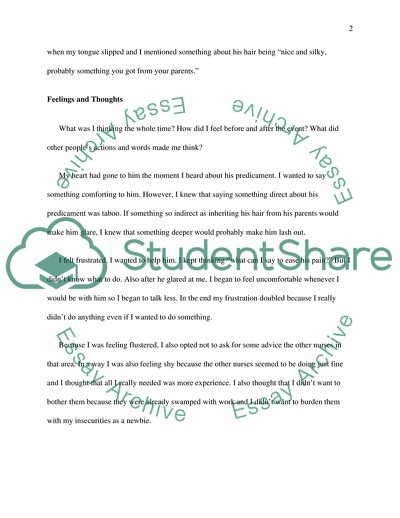Cite this document
(Evidence to Demonstrate Practice Learning Term Paper, n.d.)
Evidence to Demonstrate Practice Learning Term Paper. https://studentshare.org/education/1718915-evidence-to-demonstrate-practice-learning
Evidence to Demonstrate Practice Learning Term Paper. https://studentshare.org/education/1718915-evidence-to-demonstrate-practice-learning
(Evidence to Demonstrate Practice Learning Term Paper)
Evidence to Demonstrate Practice Learning Term Paper. https://studentshare.org/education/1718915-evidence-to-demonstrate-practice-learning.
Evidence to Demonstrate Practice Learning Term Paper. https://studentshare.org/education/1718915-evidence-to-demonstrate-practice-learning.
“Evidence to Demonstrate Practice Learning Term Paper”. https://studentshare.org/education/1718915-evidence-to-demonstrate-practice-learning.


